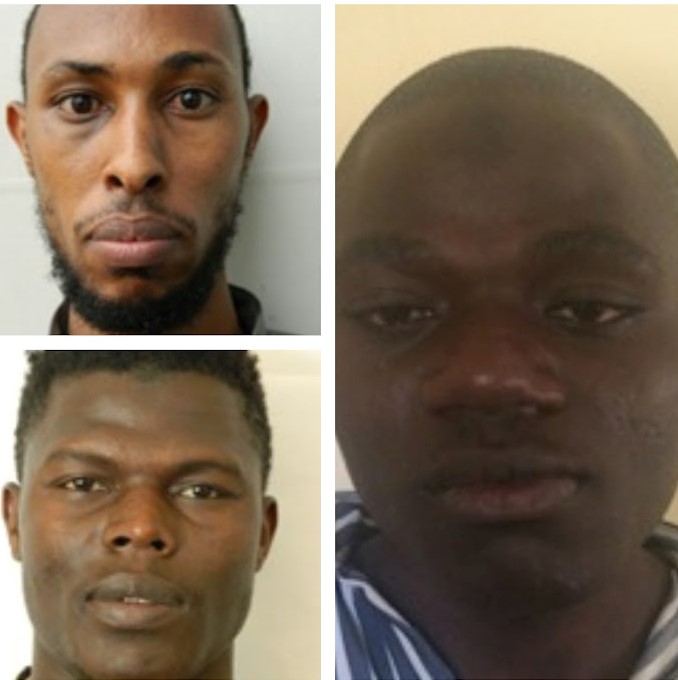
Kenya has launched a nationwide manhunt after three inmates considered as “dangerous”, escaped from a high security prison. Interior Minister Fred Matiangi said preliminary investigations were still under way, but that seven wardens at the Kamiti Maximum Security Prison had been arrested in connection with the jail break that took place on the outskirts of the country’s capital, Nairobi.

No explanation has been offered into how Mohamed Ali Abikar, Joseph Juma Odhiambo and Musharaf Abdalla Akhulunga managed to escape the heavily-guarded facility on Monday. Authorities have vowed to punish those responsible for the jail break.

All three escapees have been charged with terrorism-related offences and one, Abikar, was serving 41 years for involvement in an attack that left 148 people dead.
Matiangi said exit points along the country’s border had been placed on high alert with fears that the trio could try to slip out of Kenya undetected. He further blamed “recklessness” and “irresponsibility” for the prison break, adding that there were conflicting accounts about what occurred.
“We are going to conduct a massive manhunt for these three. They are dangerous criminals and we have to get them. And we are going to get them,” Matiangi said late Monday.
“We have gone to the place where the escape allegedly happened, and we have formed certain opinions.” he added.
Matiangi says that the government would protect any whistleblowers willing to come forward and volunteer information. The Directorate of Criminal Investigations has also offered a reward of Ksh. 60 million to anyone with information that can lead to the capture of the escapees.
One of the inmates, who escaped, Abikar, was found guilty in 2019 of being a member of Al-Shabaab and abetting the Somali jihadist group in the slaughter of 148 people at Garissa University in eastern Kenya in April 2015. The victims, mostly students, were rounded up at dawn by gunmen and shot mercilessly. This was the second bloodiest terror attack in Kenya’s history, surpassed only by Al-Qaeda’s bombing of the US embassy in Nairobi in 1998 that killed 213 people.
Police authorities say Odhiambo on the other hand, was arrested in 2019 for trying to enlist in Al-Shabaab while Akhulunga was detained in 2012 over a foiled attack on Kenya’s parliament.